Most people underestimate the importance of keeping their skin hydrated and soft, leading to dryness and discomfort. As you navigate daily routines, environmental factors can strip your skin of its natural moisture. In this guide, you will learn effective techniques to maintain optimum hydration levels, combat dryness, and achieve that youthful glow. By incorporating specific habits and products into your skincare regimen, you can nourish your skin, ensuring it remains radiant and supple all year round.
Table of Contents
Key Takeaways: How to Keep Your Skin Hydrated and Soft.
- Drink Water: Staying hydrated internally is crucial for maintaining moisture levels in your skin.
- Moisturize Regularly: Use a high-quality moisturizer suited to your skin type to lock in hydration.
- Choose Gentle Cleansers: Opt for mild, hydrating cleansers that do not strip your skin of natural oils.
- Use Humidifiers: Adding moisture to the air in your home can help prevent dry skin, especially in winter.
- Eat Hydrating Foods: Incorporate fruits and vegetables with high water content into your diet to support skin hydration.
Types of Skin Hydration
A myriad of options exist when it comes to achieving and maintaining skin hydration. Understanding the different types can help you choose the right product for your needs. Here is a breakdown:
| Type | Description |
|---|---|
| Natural Moisturizers | Derived from natural ingredients, these moisturizers are gentle on the skin. |
| Synthetic Moisturizers | Created using chemicals and artificial ingredients, often designed for specific skin concerns. |
| Humectants | Ingredients that draw moisture from the environment to the skin. |
| Emollients | Work to soften and smooth the skin’s surface by filling in gaps. |
| Occlusives | Create a barrier to lock in moisture and prevent water loss. |
Recognizing which type of hydration works best for you is necessary in your skincare routine. For lasting benefits, combining different types can lead to optimal skin hydration.
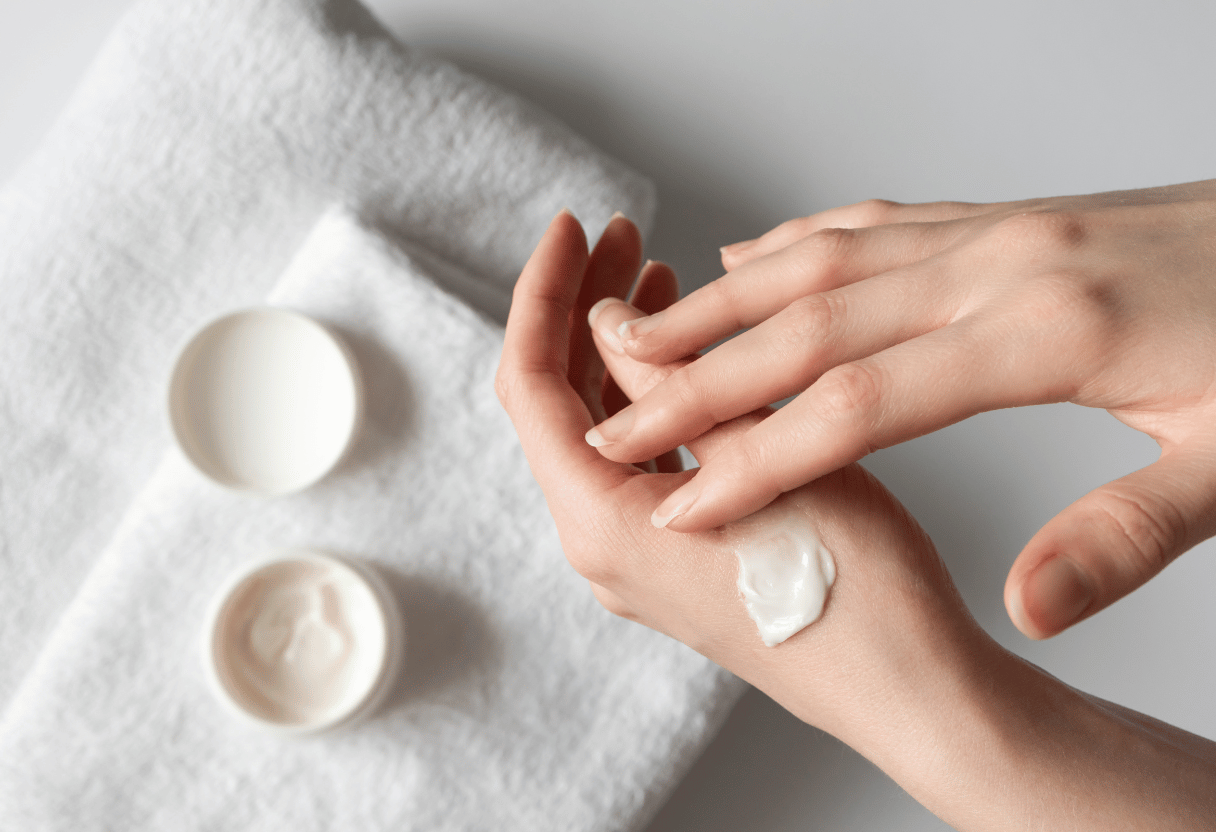
Natural Moisturizers
For those who prefer using ingredients from nature, natural moisturizers can provide gentle yet effective hydration for your skin. Common natural moisturizers include aloe vera, jojoba oil, and shea butter. These ingredients not only provide hydration but also contain vitamins and antioxidants that promote overall skin health.
When choosing natural moisturizers, it’s important to choose high-quality products devoid of harsh chemicals. Look for formulations that emphasize the organic or pure content of natural ingredients. This ensures that you are feeding your skin with beneficial nutrients that encourage softness and suppleness.
Synthetic Moisturizers
To meet specific skin needs, many individuals turn to synthetic moisturizers. These products often feature a blend of ingredients aimed at addressing various issues from aging to acne. They can contain ingredients like glycerin or silicones, which enhance the skin’s moisture retention and create a smooth finish.
While natural options can offer significant benefits, synthetic moisturizers often come with their own set of advantages. They are frequently formulated for targeted problems, such as dryness or oily skin, and tend to be more consistent in their efficacy. However, make sure to be cautious of potential allergens or irritants that can be present in synthetic formulations. It’s important to read labels carefully to ensure safe skincare.
Humectants
Humectants are skincare ingredients that draw moisture from the environment into your skin, helping it stay hydrated and plump. Common humectants include glycerin, hyaluronic acid, and honey. These ingredients work by attracting water to the skin’s surface, keeping it supple and preventing dryness.
When selecting products with humectants, prioritize those that combine these ingredients with other hydrating agents to lock in moisture effectively. Look for lightweight formulations suitable for your skin type, as they ensure long-lasting hydration without leaving a heavy residue.
Emollients
Emollients are key ingredients that soften and smooth the skin by filling in cracks and creating a protective layer. Popular emollients include shea butter, ceramides, and plant oils like argan or coconut oil. These ingredients not only improve the texture of your skin but also restore its natural barrier.
For best results, choose emollient-rich products that are free from synthetic additives. Natural or plant-based options often provide nourishment and repair without causing irritation. They are ideal for addressing rough patches and maintaining a healthy glow.
Occlusives
Occlusives are powerful skincare agents that seal in moisture by forming a protective layer on the skin’s surface. Examples include petrolatum, beeswax, and lanolin. These ingredients prevent water loss, making them especially beneficial for those with extremely dry or dehydrated skin.
When using occlusives, ensure they are applied over humectants or emollients to maximize their effectiveness. Opt for non-comedogenic formulations that won’t clog your pores, especially if you have sensitive or acne-prone skin. They’re perfect for locking in hydration during colder months or when your skin needs extra care.
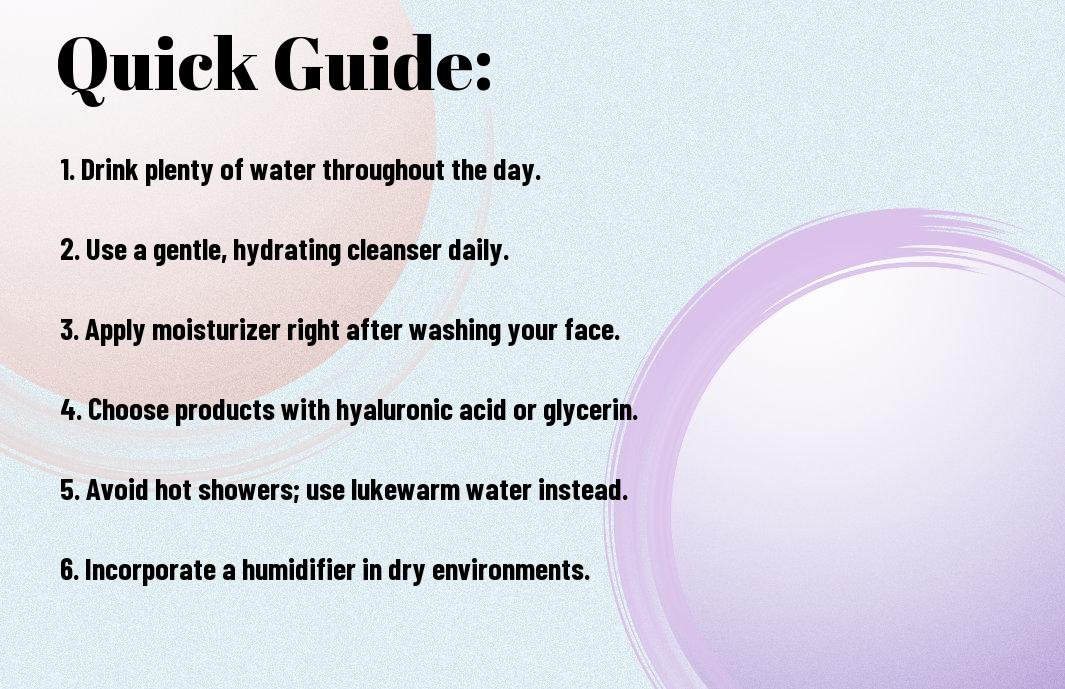
Tips for Keeping Skin Hydrated
Clearly, maintaining well-hydrated skin is vital for achieving that youthful glow you desire. Implementing a few strategic practices can greatly enhance your skin’s moisture levels and softness. Consider these tips to keep your skin looking its best:
- Use a high-hydration moisturizer daily.
- Incorporate a humidifier in your living space to combat dry air.
- Drink plenty of water throughout the day to stay hydrated.
- Limit your time in hot showers, as they can strip your skin of vital oils.
- Consider using serums containing hyaluronic acid for added moisture.
Thou can also discover more about how to enhance your skin’s health by visiting How to Hydrate Skin Inside & Out: Daily Regimen, Tips …, which offers a comprehensive guide.

Daily Skincare Routine
Keeping a consistent daily skincare routine is vital to ensure your skin stays hydrated and radiant. Start with a gentle cleanser to wash away impurities without stripping your skin’s natural oils. Follow up with a rich moisturizer that contains humectants to draw water into your skin and seal it in. By applying your moisturizer on damp skin, you can maximize its effectiveness.
Don’t overlook the importance of exfoliation. Gently exfoliating your skin two to three times a week can help remove dead skin cells, allowing your hydrating products to penetrate more effectively. Additionally, using a sunscreen even on cloudy days will protect your skin from harmful UV rays, preventing dryness and premature aging.
Importance of Diet and Hydration
For optimal skin health, what you consume plays a significant role in maintaining hydration levels. A balanced diet rich in healthy fats, such as avocados and nuts, along with fruits and vegetables high in water content, can significantly support your skin’s moisture retention. Foods like watermelon, cucumbers, and oranges not only refresh your body but also provide vital vitamins and antioxidants that nourish your skin.
Hydrated skin isn’t only about external skincare; it’s equally dependent on your overall health and hydration. When you drink enough water daily, you help your body flush out toxins that can lead to dryness and dullness. Consuming a variety of nutrient-dense foods enables your skin to replenish hydration from the inside out, ensuring it remains vibrant and soft. Ultimately, your lifestyle choices significantly influence the health and appearance of your skin, making it vital to prioritize both hydration and nutrition for the best results.
Step-by-Step Guide to Hydrating Skin
Unlike what many people believe, achieving hydrated and soft skin requires a consistent routine that incorporates various steps tailored to your skin type. By following these steps, you can ensure that your skin gets the moisture it needs and remains healthy and vibrant. Below is a simple guide that breaks down the crucial actions you should take to keep your skin well-hydrated.
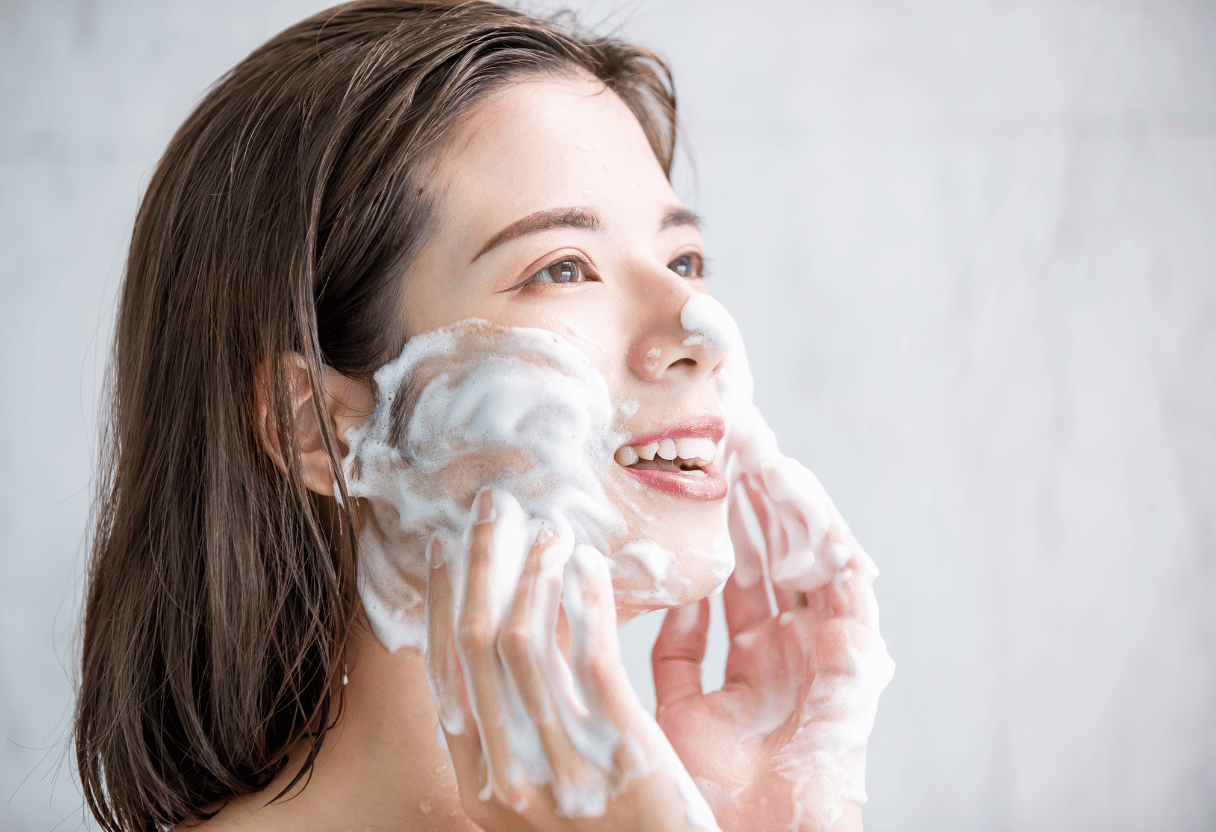
1. Cleansing
If you want to maintain your skin’s hydration, starting with the right cleansing routine is crucial. Use a gentle cleanser that suits your skin type; this will help remove impurities without stripping your skin of its natural oils. Aim to cleanse your face twice a day—once in the morning and once before bedtime. This practice ensures that your skin is free from dirt and oil, allowing your subsequent skincare products to penetrate better.
After cleansing, it’s important to pat your skin dry rather than rubbing it. This helps to retain some moisture on the surface, giving your skin a head start when it comes to hydration. Make sure your cleanser contains hydrating ingredients like glycerin or hyaluronic acid, which can help provide an extra boost of moisture.
2. Moisturizing
Step by step, your next move is moisturizing. Choosing the right moisturizer is vital for infusing your skin with lasting hydration. Look for products that contain ingredients like hyaluronic acid, ceramides, or shea butter that can deeply nourish your skin. Apply the moisturizer on damp skin to lock in moisture and create a barrier to prevent water loss.
With every application, make sure to cover all areas of your face and neck. Incorporating a heavier lotion or cream at night can also provide enhanced hydration while you sleep. You may want to consider layering serums underneath your moisturizer for added benefits, ensuring your skin gets the nutrients it craves.
3. Protecting
Clearly, protecting your skin is just as important as hydrating it. Implementing a daily sunscreen is critical for safeguarding your skin against harmful UV rays that can lead to dehydration and premature aging. Choose a broad-spectrum sunscreen with an SPF of at least 30, and apply it every morning, even on cloudy days.
The effects of sun exposure can accumulate over time, leading to severe damage to your skin. Wearing a protective SPF can not only help keep your skin hydrated but also maintain its softness and elasticity. Besides sunscreen, protective clothing and seeking shade during peak sun hours enhances your skin’s defense against environmental aggressors.
Factors Affecting Skin Hydration
Many factors can influence your skin’s moisture levels, contributing to how hydrated and soft it feels. Understanding these factors can empower you to take control of your skin’s health. Key influences include:
- Age: As you age, your skin naturally loses moisture.
- Climate: Humidity levels in your environment can significantly affect hydration.
- Skin care products: The ingredients used in your products can either enhance or diminish your skin’s moisture.
- Diet: The food you consume plays a vital role in skin hydration.
- Hydration status: Your overall water intake directly impacts skin moisture.
Recognizing these factors allows you to make more informed choices in your skincare routine.
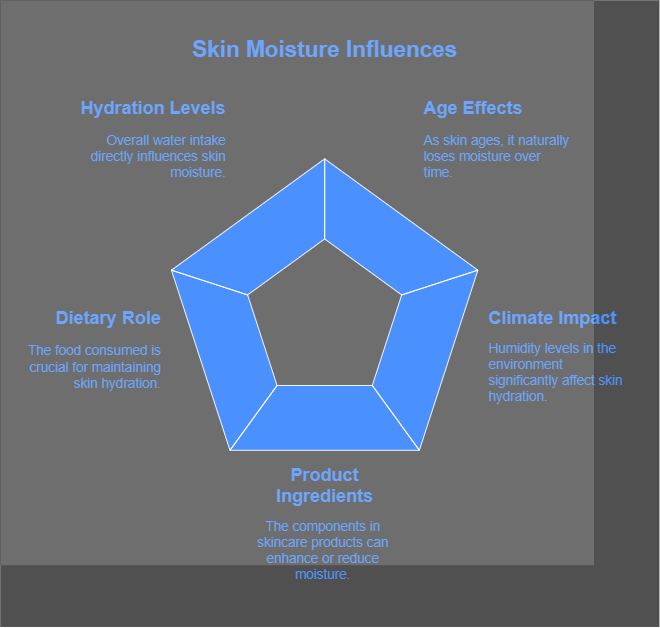
Environmental Influences
For optimal skin hydration, consider the environmental factors around you. Weather conditions greatly impact moisture retention in your skin. For example, during winter, cold air can strip moisture away, leading to dryness. On the other hand, hot weather can also dehydrate your skin, especially if you’re spending time outdoors. Here are some environmental influences to be aware of:
- Humidity: Higher humidity can be beneficial, while low humidity can cause drying effects.
- Temperature: Both hot and cold temperatures can affect moisture levels.
- Sun exposure: UV rays can damage the skin barrier, leading to moisture loss.
- Air conditioning: Prolonged exposure can dry out your skin significantly.
- Pollution: Environmental pollutants can disrupt the skin barrier and impede hydration.
A good understanding of these influences can guide you in strategizing your skincare efforts.
Skin Types and Conditions
Any discussion of skin hydration must take into account the different skin types and pre-existing conditions. Your unique skin type—whether dry, oily, combination, or sensitive—dictates your hydration needs. Additionally, specific skin conditions like eczema or psoriasis can complicate nourishment and moisture retention.
- Normal: Balanced moisture and oil levels.
- Dry: Often feels tight, lacking moisture.
- Oily: Excess oil production can lead to clogged pores.
- Combination: A mix of dry and oily areas.
- Sensitive: May react easily to products and environmental changes.
Tailoring your hydration strategies to cater to the specific needs of your skin type is essential.
Understanding your skin type is key in crafting an effective hydration regimen. You may find that some products work for specific skin types while leaving others wanting. It’s necessary to evaluate the responses of your skin to different products and environments, adjusting your routine accordingly.
- Sensitive skin: Often requires gentle, hydrating products.
- Oily skin: Needs lightweight moisturizers that do not clog pores.
- Dry skin: Benefits from rich and creamy hydrating agents.
- Combination skin: Requires a balanced approach using targeted products.
- Normal skin: Generally responds well to a variety of products.
| Factors Influencing Hydration | Key Details |
|---|---|
| Age | Loss of natural moisture with age. |
| Climate | Humidity levels play a significant role. |
| Skin Care Products | Ingredients can enhance or diminish moisture. |
| Diet | Affects skin hydration from within. |
| Hydration Status | Overall water intake directly impacts hydration. |
Pros and Cons of Different Hydration Methods
Despite the wide array of options available for keeping your skin hydrated, each method comes with its own set of advantages and drawbacks. Understanding these can help you choose the best approaches for your skin type and lifestyle. Below is a breakdown of some common hydration methods:
Pros and Cons of Hydration Methods
Maintaining optimal skin hydration is crucial for a healthy, glowing complexion. Here’s a detailed look at various hydration methods, highlighting their benefits and potential drawbacks to help you choose what works best for your skin:
- Moisturizers
Pros: Provide immediate hydration and are available in various formulations tailored to different skin types and concerns.
Cons: May not offer long-term hydration if not used consistently and can sometimes feel heavy on oily skin. - Humidifiers
Pros: Add moisture to the air, making them especially beneficial in dry environments or during winter.
Cons: Require regular maintenance and may not provide targeted hydration to the skin itself. - Hydrating Serums
Pros: Often contain high concentrations of beneficial ingredients like hyaluronic acid for deep hydration.
Cons: Can be expensive and might not be sufficient on their own for very dry skin. - Water Intake
Pros: Addresses overall hydration, improving skin health from the inside out and benefiting the entire body.
Cons: Takes time to show results on the skin, and hydration might not be enough without topical support. - Natural Oils
Pros: Rich in antioxidants and healthy fats, they nourish the skin while locking in moisture.
Cons: Can be too heavy for oily or acne-prone skin and may clog pores if not chosen carefully. - Sheet Masks
Pros: Deliver intense hydration in a short period, often with additional nourishing ingredients.
Cons: Provide temporary results and generate waste due to single-use packaging. - Synthetic Ingredients
Pros: Can yield quick results and are often targeted to address specific skin issues like dryness or irritation.
Cons: May cause sensitivity or allergic reactions in some individuals, depending on the formulation. - Exfoliation
Pros: Promotes cell turnover, allowing better absorption of hydrating products.
Cons: Over-exfoliation can damage the skin barrier and cause dryness or irritation. - Anti-Aging Creams
Pros: Can improve skin texture, elasticity, and hydration over time with consistent use.
Cons: Results may take weeks to months to appear, and some formulas might be too rich for certain skin types. - Facial Sprays
Pros: Convenient for on-the-go hydration, refreshing the skin anytime.
Cons: Effects are often temporary and may not provide deep hydration.

Benefits of Natural vs. Synthetic
Synthetic ingredients can sometimes be advantageous in providing fast-acting solutions or targeting specific skin concerns. They often contain advanced formulations designed to penetrate the skin more effectively than some natural alternatives. Therefore, they can yield quick results for issues like dryness, aging, or acne. However, synthetic products may come with added chemicals that could irritate sensitive skin types.
On the other hand, natural methods generally involve using ingredients derived from plants, oils, and other earth-derived sources. Many find that these products are gentler on the skin and less likely to cause adverse reactions. Additionally, natural ingredients can be rich in vitamins and antioxidants that promote overall skin health, allowing for a more holistic approach to hydration. However, you may need to exercise patience, as the results can take longer to become apparent.
Potential Drawbacks
Now, while there are many benefits to keep in mind, it’s important to also consider potential drawbacks when choosing your hydration methods. For instance, some synthetic ingredients in moisturizers or serums might lead to skin irritation, especially if you have sensitive skin. Another concern is that relying too heavily on topical treatments without adequate hydration from within may not yield long-lasting results. Your skin can become dependent on these products, leading to a cycle where stopping use results in increased dryness.
For instance, if you turn to heavy-duty moisturizers continuously, your skin may begin to rely on these products rather than maintaining its natural moisture barrier. This could lead to a weakened skin structure. Furthermore, some natural ingredients can cause allergic reactions, so it’s wise to do patch testing before fully incorporating new products into your routine.
Evaluating these aspects with a clear understanding of your skin’s unique needs will guide you towards the most effective hydration strategies.
Common Myths About Skin Hydration
Your skin’s hydration is often surrounded by various myths that can lead to confusion about how to maintain its health. Many people believe that drinking large amounts of water alone will keep their skin hydrated. While hydration from within is important, it is not the only factor. Your skin requires a balanced routine that includes the right topical products and environmental considerations, as your skin can be affected by climate, diet, and lifestyle factors. Additionally, there’s a common belief that oily skin doesn’t need hydration since it produces oil; however, all skin types can benefit from moisture to maintain balance and prevent irritation.
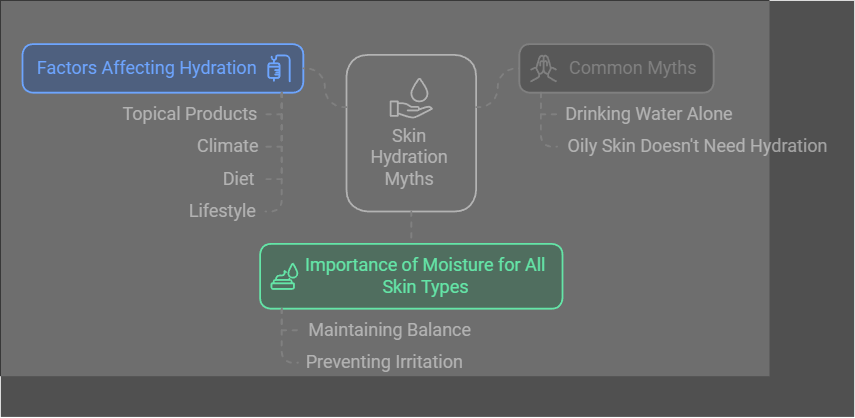
Misconceptions
Common misconceptions can easily steer you off course when trying to achieve soft, hydrated skin. One of the most prevalent myths is that only people with dry skin need to apply moisturizer regularly. This is not accurate since even oily and combination skin types require adequate hydration to prevent overproduction of oil and maintain overall skin health. Another misconception is that skin hydration is solely about increasing water intake. While hydration from beverages plays a role, exterior factors like humidity and skincare products are equally important.
Truth Behind the Myths
Truth be told, effective skin hydration is a combination of internal and external factors. Hydration from drinking water does help; however, your skin also relies on topical products to lock in moisture and create a barrier against environmental stressors. The quality of moisturizer you choose can make a significant difference in how well your skin retains moisture throughout the day. Additionally, using products with hyaluronic acid or glycerin can boost hydration levels, and these ingredients can help all skin types—your skin will not reap the benefits solely from drinking liquids.
For instance, choosing a moisturizer rich in ingredients that attract moisture, such as squalane or ceramides, can be game-changers for your skincare routine. It’s vital to apply these products right after cleansing to lock in the moisture and protect your skin barrier. By debunking the myths surrounding skin hydration, you can ensure that you are providing your skin with the comprehensive care it needs for lasting softness and hydration.
Conclusion
Presently, maintaining hydrated and soft skin is simple when you incorporate a few effective practices into your daily routine. Begin with a consistent skincare regimen that includes moisturizing after every shower and using hydrating products suited to your skin type. Drinking sufficient water throughout the day also plays a significant role in ensuring your skin retains moisture. Utilizing a humidifier, especially during dry months, can create an environment that supports skin hydration. Always pay attention to the ingredients in your skincare products, opting for those rich in hyaluronic acid, glycerin, and ceramides, all of which can help to lock in moisture.
Additionally, protective measures against environmental stressors, like UV rays and harsh weather conditions, will further enhance your skin’s texture and moisture levels. You should embrace a balanced diet rich in fruits, vegetables, and healthy fats, which contribute to your overall skin health. By focusing on these practices, you can achieve and maintain the soft, hydrated skin you desire, unlocking a radiant complexion that reflects your overall well-being.
FAQ:
Q: Why is keeping my skin hydrated important?
A: Hydrated skin is important for maintaining its elasticity, preventing dryness, and reducing the appearance of fine lines and wrinkles. Well-hydrated skin also acts as a barrier against environmental pollutants and irritants, leading to a more radiant complexion.
Q: What are the best ways to hydrate my skin?
A: To effectively hydrate your skin, incorporate the following methods into your routine: drink plenty of water throughout the day, use a gentle cleanser to avoid stripping natural oils, apply moisturizers immediately after bathing to lock in moisture, and consider using a humidifier in dry environments to maintain humidity levels.
Q: Can I use oils instead of moisturizers for hydration?
A: Yes, oils can be an excellent addition to your skincare routine as they provide moisture and help lock in hydration. Opt for natural oils like jojoba, argan, or coconut oil. It’s beneficial to apply these oils after your moisturizer to create a protective barrier, especially in drier climates.
Q: What ingredients should I look for in hydrating products?
A: Look for products containing ingredients known for their hydrating properties, such as hyaluronic acid, glycerin, and ceramides. These components help attract moisture to the skin, retain it effectively, and strengthen the skin barrier, leading to soft and supple skin.
Q: How does diet affect my skin hydration?
A: Your diet plays a significant role in skin hydration. Consuming foods rich in antioxidants, fatty acids, and vitamins can promote overall skin health. Incorporate fruits and vegetables with high water content, such as cucumbers and watermelon, along with healthy fats from sources like avocados and fish to support skin hydration from the inside out.

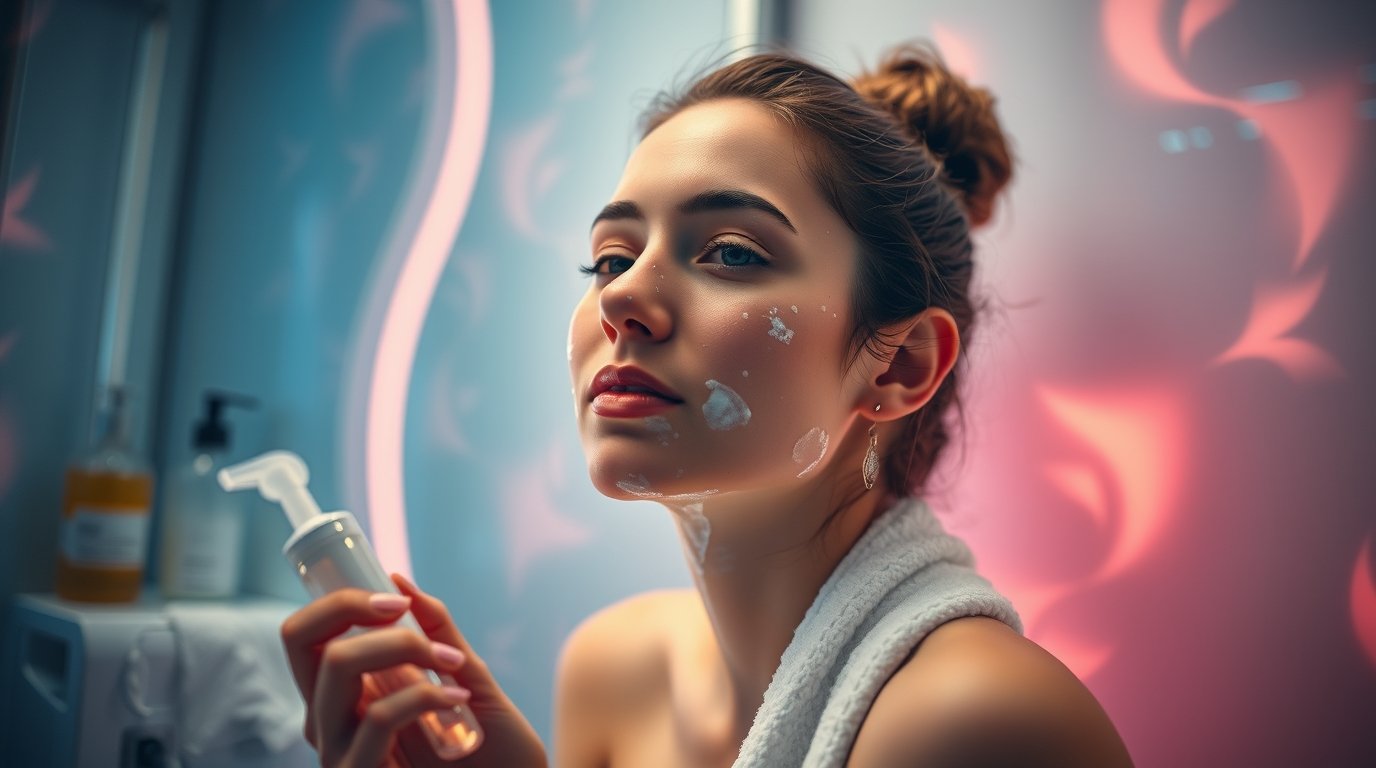




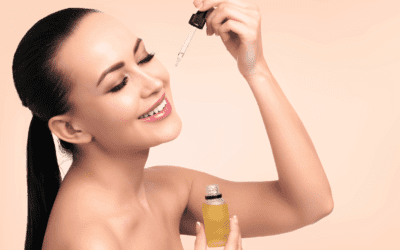

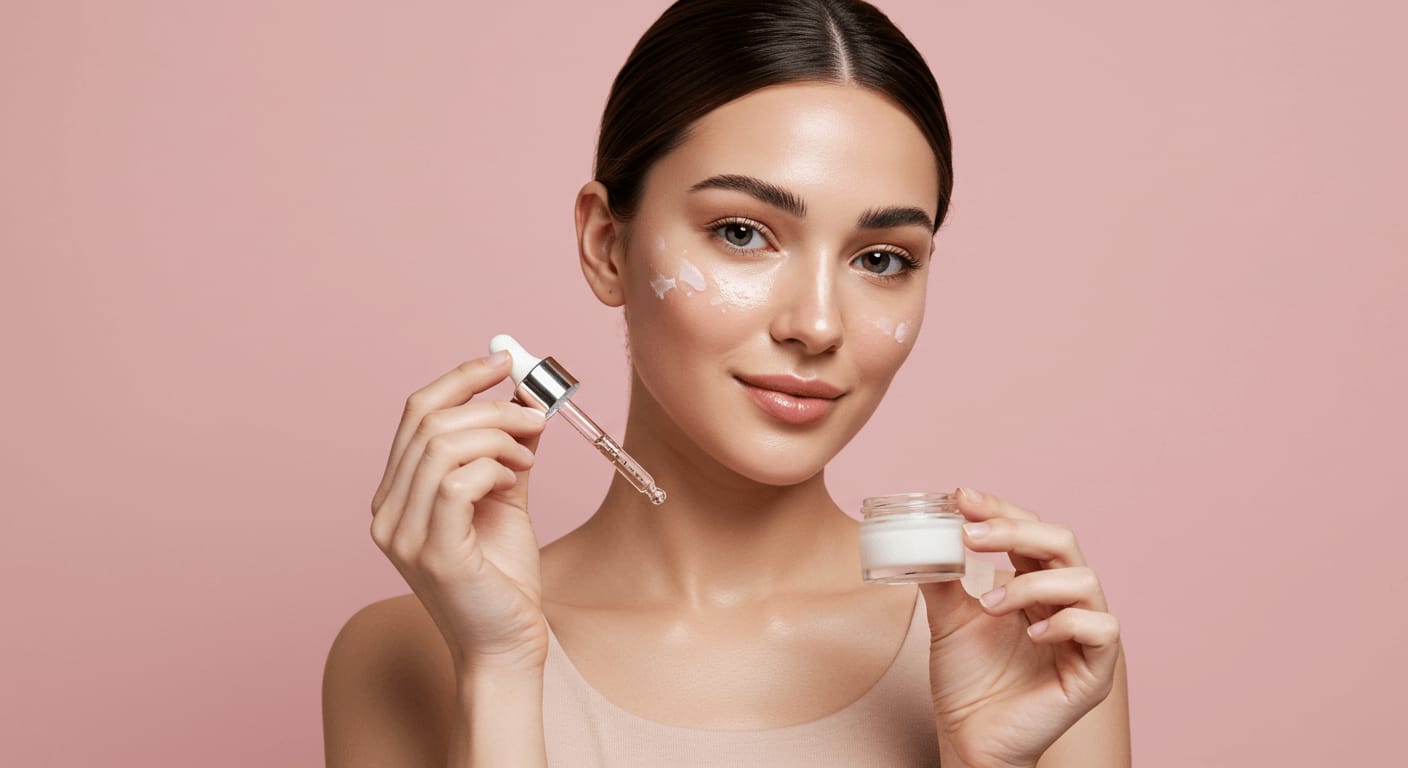



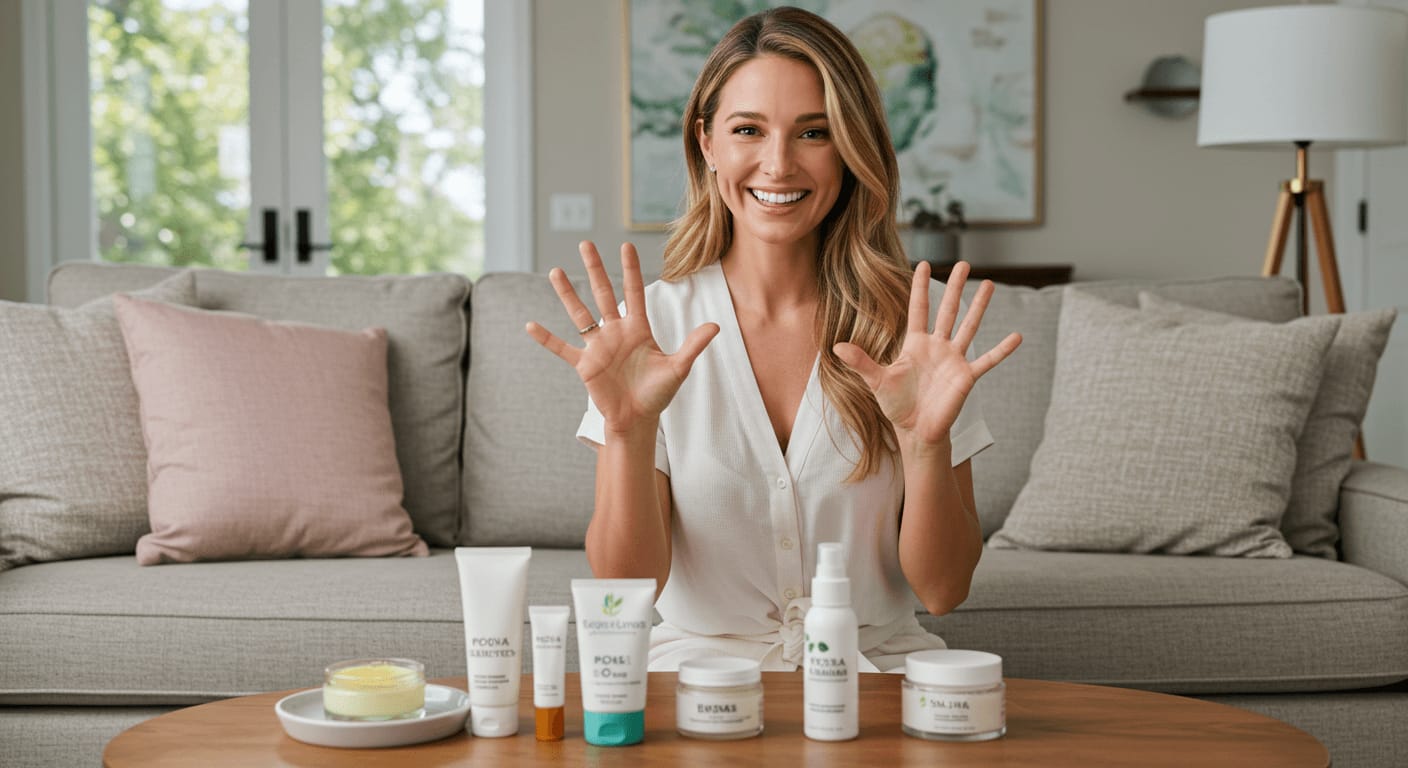





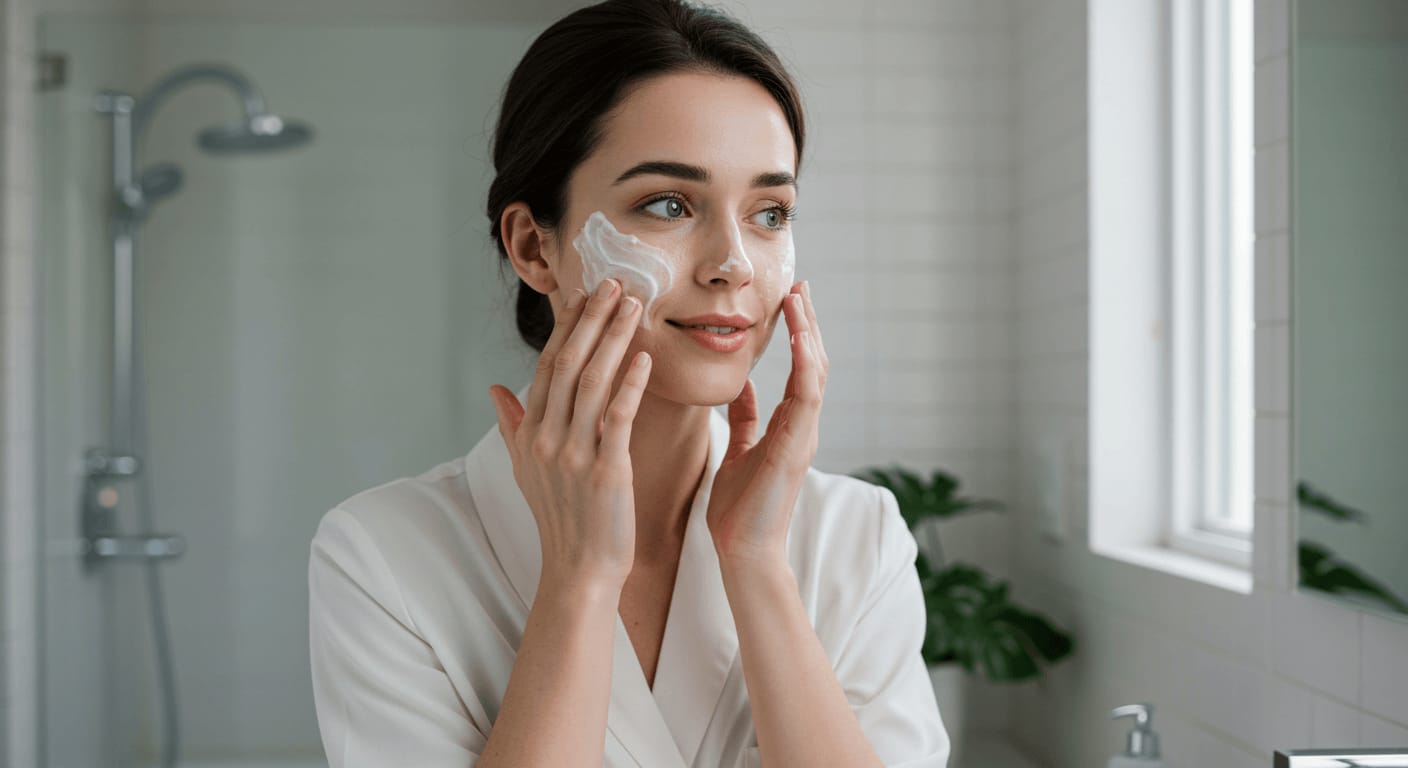








0 Comments